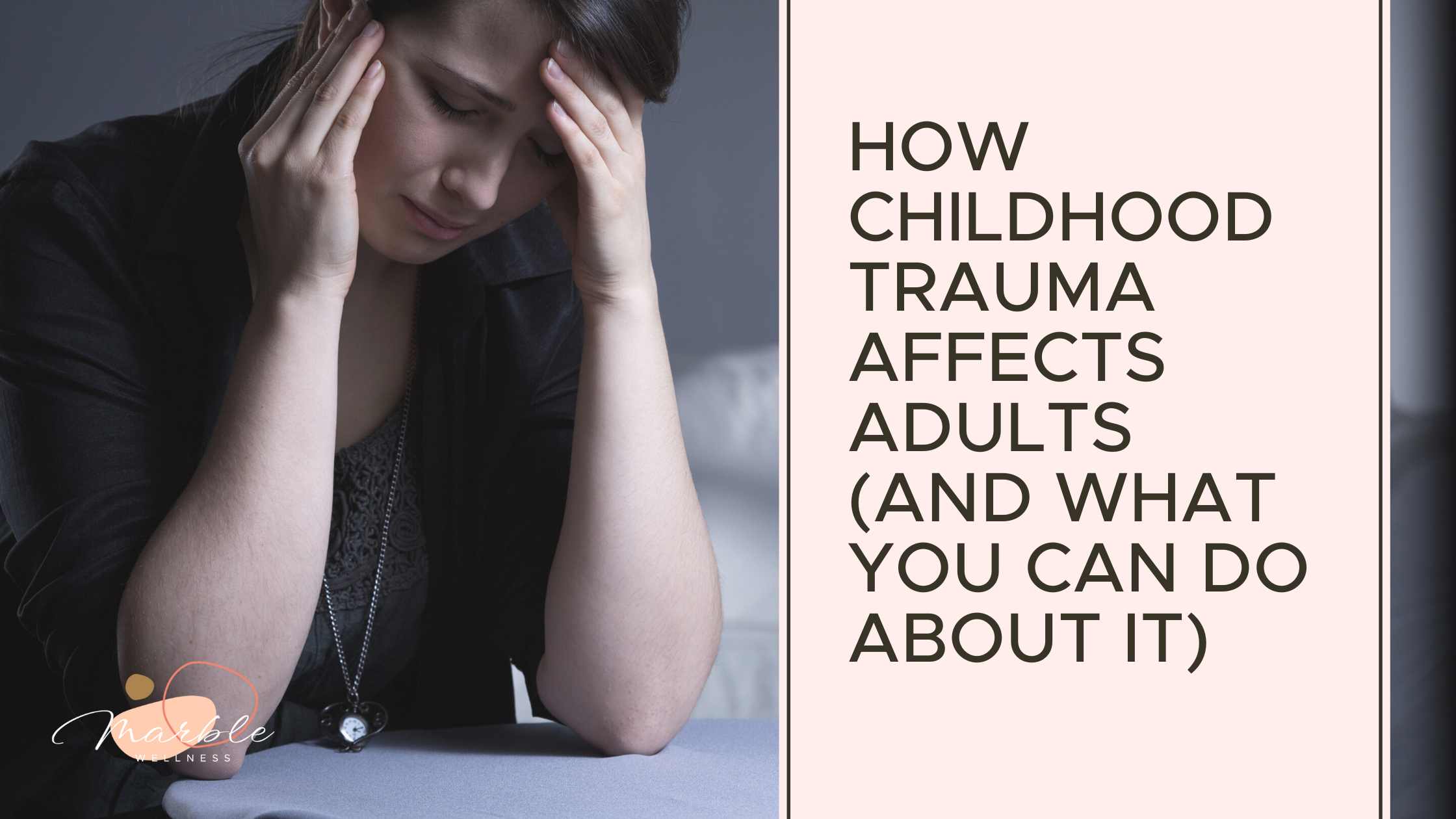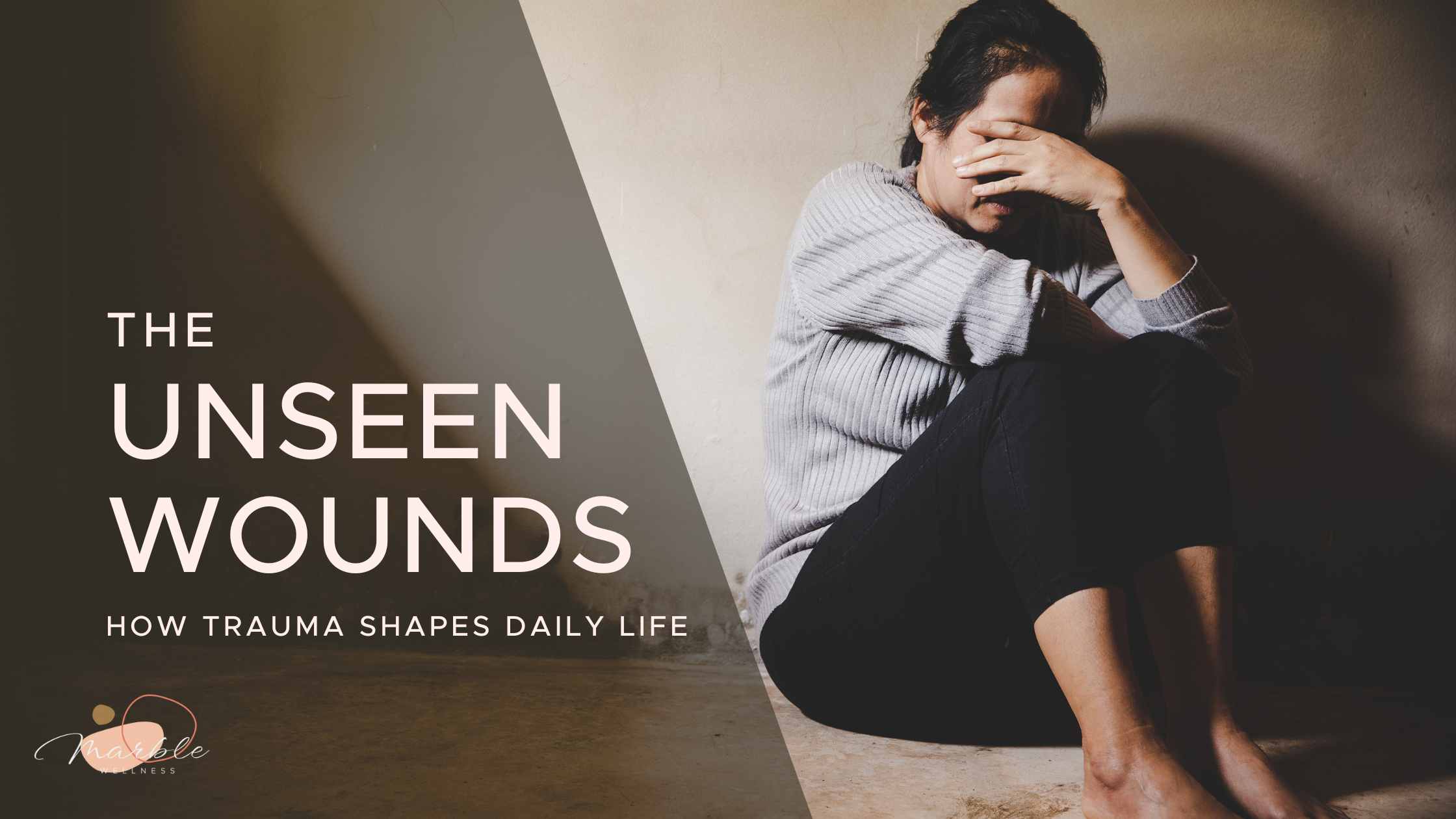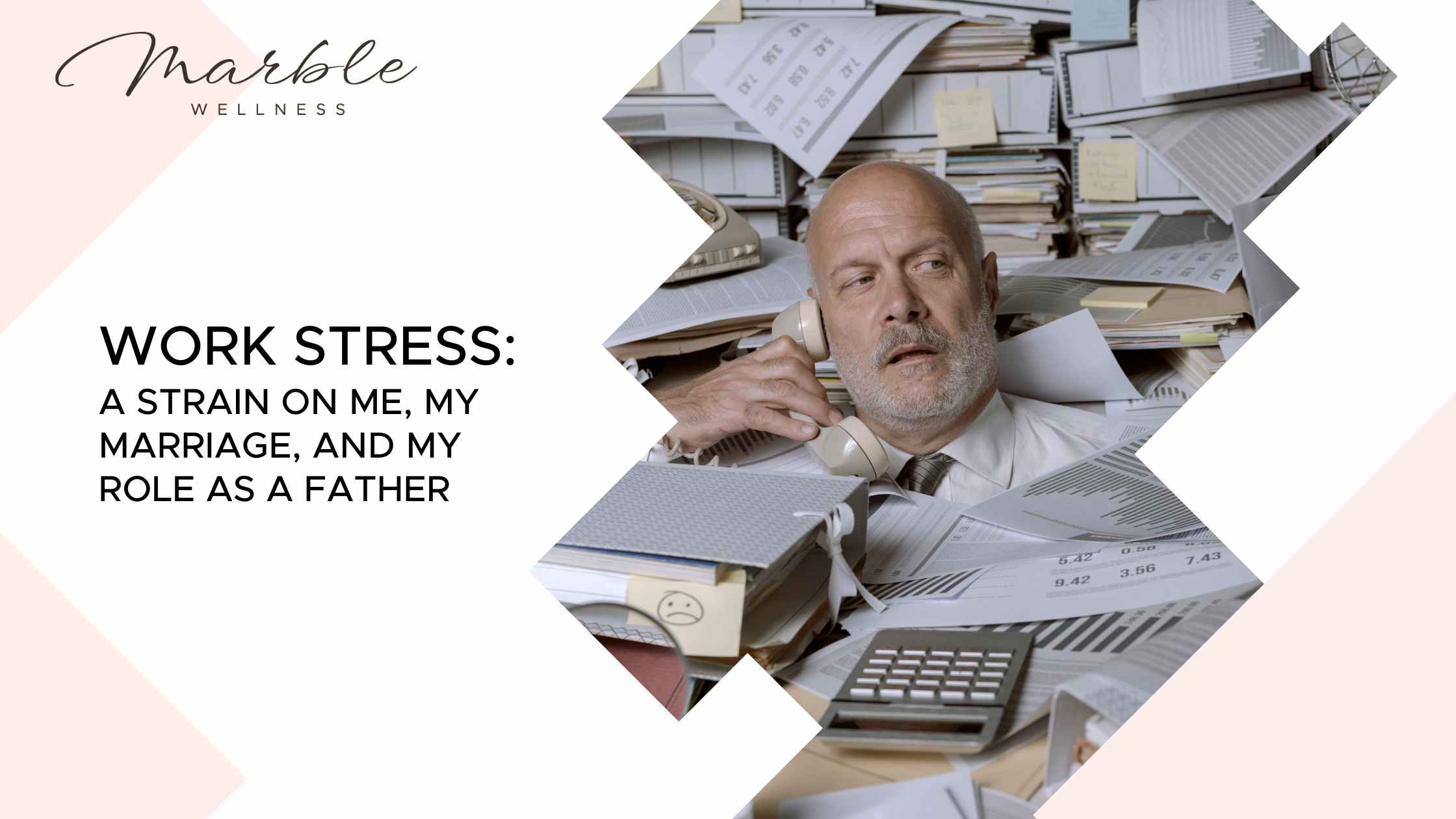Childhood shapes so much of who we become, but what happens when those early years are filled with stress, neglect, or emotional wounds? Trauma doesn’t just disappear because we grow up. Instead, it often weaves itself into our adult lives in ways we don’t always recognize.
If you’ve ever wondered why certain patterns in your life seem impossible to break, why relationships feel harder than they should, or why emotions sometimes hit like a tidal wave out of nowhere—childhood trauma could be playing a role. Let’s talk about how those past experiences can sneak into adulthood and, more importantly, how you can start untangling them.
The Lingering Impact of Childhood Trauma
Many people who have experienced childhood trauma find themselves overwhelmed by emotions that seem disproportionate to the situation. Maybe a small criticism feels like a personal attack, or a minor inconvenience sends you spiraling.
Early experiences of neglect or unpredictability can shape how our nervous systems react, making us more sensitive to stress and prone to intense emotional responses. Instead of reacting to the present moment, we may unconsciously anticipate danger even when there’s no real threat. Our bodies respond as if the threats of the past are still occurring.
How Trauma Shows Up in Relationships
Relationships often mirror the wounds we carry. Growing up with instability, betrayal, or abandonment can make trust feel fragile.
- Some people pull away from intimacy altogether, fearing that getting close means getting hurt.
- Others might become overly dependent on reassurance, struggling with feelings of rejection or abandonment at the slightest sign of distance.
This isn’t just limited to romantic relationships—it affects friendships, work dynamics, and even casual interactions. The pattern can feel confusing and exhausting, leaving many adults wondering why connection feels both desirable and terrifying.
The Connection Between Trauma and Perfectionism
Perfectionism is another way childhood trauma shows up later in life. When love or approval felt conditional growing up, many develop a relentless drive to prove their worth.
Always striving to be the best—at work, in relationships, in every aspect of life—can be exhausting. It can lead to burnout, anxiety, and a deep-rooted fear of failure, as though success is the only way to feel worthy.
On the flip side, some people respond in the opposite way—sabotaging themselves just as things start going well. Whether it’s pushing people away when a relationship starts feeling safe or quitting projects before they succeed, these behaviors often come from subconscious beliefs that happiness isn’t possible or that they don’t truly deserve it.
Self-sabotage isn’t intentional, but it’s painful. Recognizing it is the first step toward breaking the cycle. Paying attention to your body’s reactions in stressful situations can reveal where old wounds might be influencing your present-day behavior.
Why Boundaries Feel So Hard for Trauma Survivors
Boundaries can feel unnatural for those who grew up in environments where their needs weren’t prioritized. Saying yes when you want to say no, tolerating unhealthy relationships, or overextending yourself to keep others happy might feel like second nature.
Deep down, there’s often a fear that setting boundaries will make people leave—or worse—that you don’t have the right to prioritize yourself. Learning to set and maintain healthy boundaries is a vital part of healing, but it takes courage and consistency. Therapy can help you learn how to express your needs in healthy, constructive ways.
Healing Starts with Awareness
Recognizing how childhood trauma affects adulthood is a powerful first step toward creating healthier patterns. Therapy can be a game-changer, helping unpack experiences and build better coping strategies.
Self-compassion is equally important. Rather than beating yourself up for your reactions, acknowledge that they stem from old wounds that need care, not criticism. Be curious about how you learned these beliefs and patterns—not judgmental—so that real healing can begin.
This approach applies both to how you relate to yourself and how you interact with others. Giving your feelings space and understanding is a life-changing act of self-kindness.
Building Supportive Connections
Healing happens in safe, supportive environments. Surround yourself with people who respect and uplift you—those who help you rebuild trust and foster a sense of safety.
You can also incorporate mindfulness practices into your daily routine, such as:
- Journaling to identify emotional triggers and progress
- Practicing deep breathing to calm your nervous system
- Meditation or grounding exercises to stay present
These small steps help regulate emotions and create space to reflect, rather than react.
And over time, challenging old beliefs—those survival-mode thoughts that tell you you’re unworthy or incapable—can help rewrite your inner dialogue into something calmer and more compassionate.
Moving Forward: Reclaiming Peace and Possibility
Healing isn’t about erasing the past; it’s about navigating the present with awareness and care. You can break cycles, build healthier relationships, and rediscover emotional peace.
And the most important reminder? You don’t have to do it alone. Your experiences matter, and your healing journey is worth honoring every step of the way.
If you’re ready to explore this work with support, therapy at Marble Wellness in St. Louis, Chesterfield, or O’Fallon can help you begin that process. Our therapists specialize in trauma-informed care and create a safe space for growth, reflection, and repair.
You deserve support, understanding, and a future that isn’t defined by the past.
Related Resources to Support Your Healing Journey
For more insights on childhood trauma and how it shapes emotional health, consider exploring these recent Marble Wellness blog posts:
- Understanding Childhood Trauma: Signs and Symptoms — Learn how trauma manifests in children and early signs you might recognize in yourself or your loved ones.
- Healing from Childhood Trauma Through Therapy — Discover how trauma-informed therapy approaches can guide you toward recovery and building resilience.
- Parenting Through Trauma: Supporting Your Child’s Emotional Well-being — Practical advice for parents raising children who have experienced trauma, fostering safety and trust at home.
These posts complement the understanding and healing steps we discussed here, giving you resources tailored to different stages of the trauma journey.
Start Trauma Therapy in the St. Louis Area
If you live in the St. Louis metro area and are ready to improve your mental health, our expert St. Louis therapists are here to help. Not only do we have a team of therapists in Ballwin, MO, but we have also recently expanded to serve the Lake St. Louis and Wentzville area! Reach out to our Client Care Coordinator today to discuss your therapy options, both in-person and via online therapy in Missouri.
Contact Us!
Learn About Our Group Offerings

Additional Counseling Services at Marble Wellness in St. Louis, MO
Marble Wellness Counseling services are designed to help set you on a path of living a more fulfilled, calm, and happy life. Our St. Louis area therapists have a variety of training backgrounds and areas of expertise. We have child and play therapists, therapists for teens, EMDR therapists, men’s mental health experts, couples therapists, and more! We specialize in anxiety, depression, grief, chronic illness, trauma & PTSD, life transitions, and maternal overwhelm. Our practice also specifically helps new moms with various postpartum concerns, moms in the thick of parenting, and moms with teens. We can also chat from wherever you are in the state with online therapy in Missouri. No matter where you are in your journey, we are here to help you thrive!



